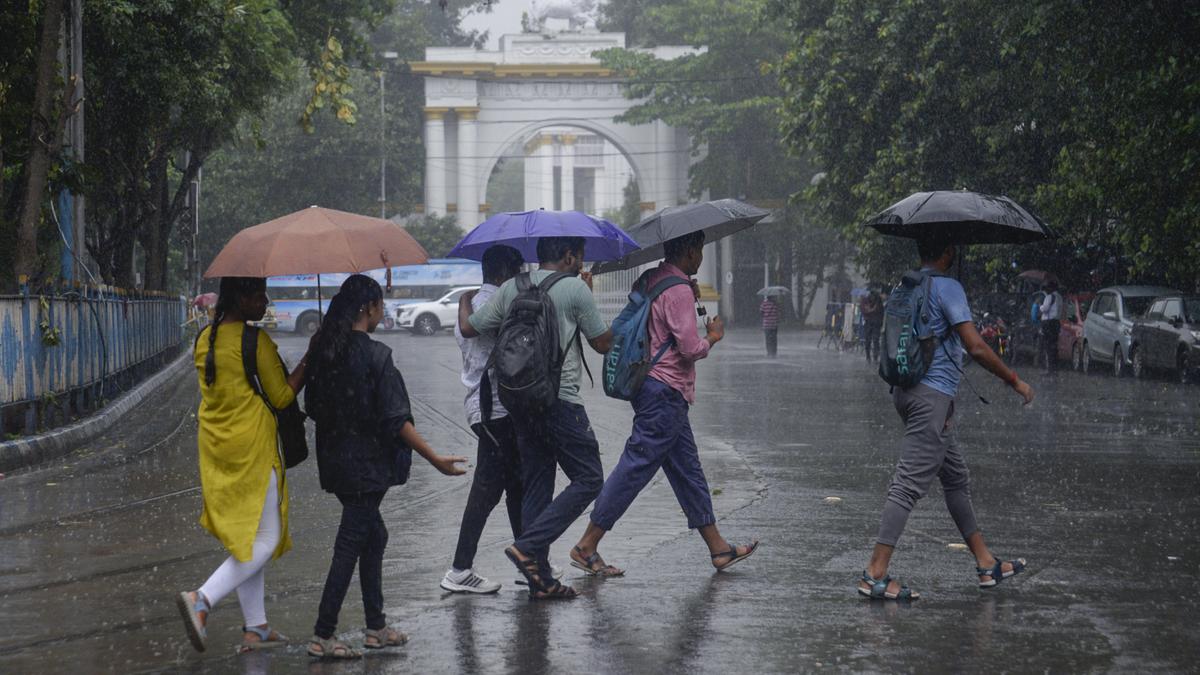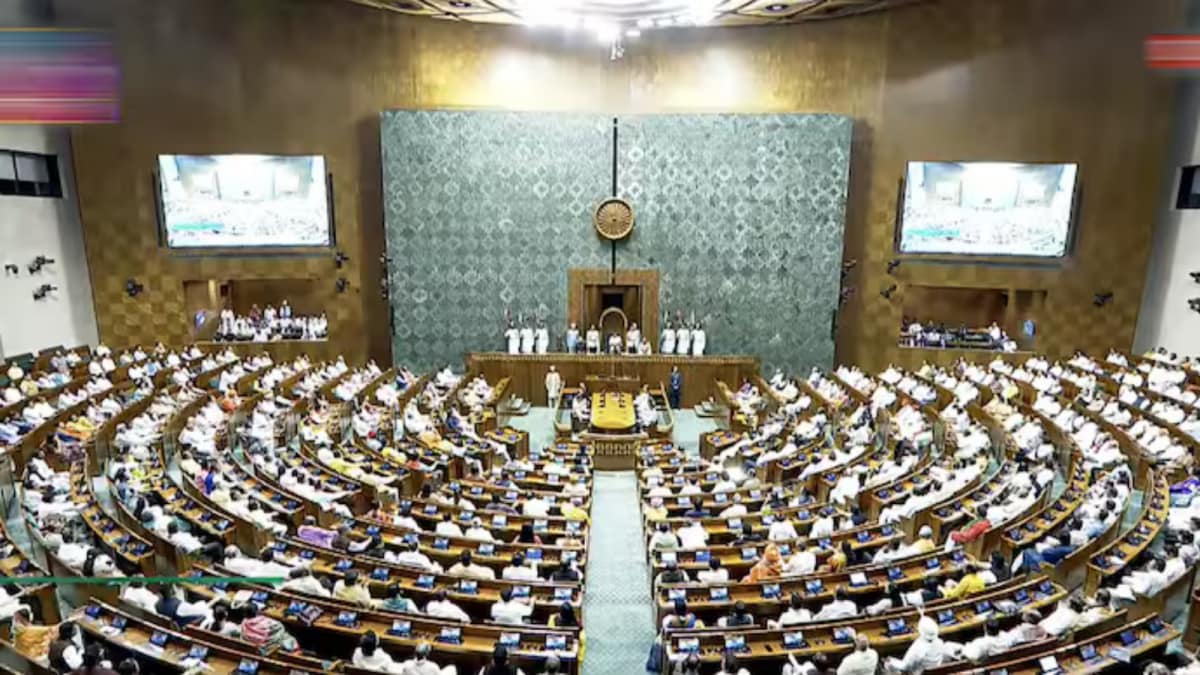Operation Sindoor was launched in response to a "barbaric" attack by "Pakistan-sponsored terrorists", and the action focussed on dismantling terror infrastructure and neutralising terrorists likely to be sent across to India, the government said on Thursday (July 24, 2025).
In a written response to a query in the Rajya Sabha, Minster of State for External Affairs Kirti Vardhan Singh also said India's actions were "focussed, measured and non-escalatory".

The Ministry of External Affairs was asked whether it is a fact that Operation Sindoor was "announced under international pressure", and the "factual position" in this regard.
Rajya Sabha MP Ramji Lal Suman also asked about the impact of "sudden announcement of ceasefire in Operation Sindoor" on the morale of the Indian forces which were "achieving significant success", but suddenly "declaring ceasefire was against their morale and the sentiments of the people of the country".
Union Minister Mr. Singh said Operation Sindoor was launched to respond to a "barbaric cross-border terror attack by Pakistan-sponsored terrorists. It focussed on dismantling terrorist infrastructure and neutralising terrorists likely to be sent across to India".
Pakistan, however, attempted targeting Indian civilian areas, in addition to some military facilities, he said.
"These provocations and escalatory actions by Pakistan were met with a strong and decisive response from the Indian armed forces, inflicting significant damage on the Pakistani military. Subsequently, on 10 May, 2025, the Director General of Military Operations of Pakistan approached his Indian counterpart to request for cessation of firing and military activities, which was agreed to later that day," the MoS said.
Under Operation Sindoor, India had decimated nine terror camps in Pakistan and Pakistan-occupied Kashmir (PoK) on May 7 in pre-dawn precision strikes. It was carried out to avenge the April 22 Pahalgam terror strike.
In a separate query, the MEA was also asked whether the Ministry had taken efforts to "alienate" Pakistan on world forum.
As part of the U.N. Security Council's routine annual process, the Chairs and Vice- Chairs of its subsidiary bodies and committees are selected from amongst its permanent and elected non-permanent members. In addition to Russia and France, Pakistan has been selected as one of the Vice-Chairs of the U.N. Counter Terrorism Committee for 2025, Mr. Singh said.
It may be noted that India was the Chair of the U.N. Counter Terrorism Committee in 2022. Similarly, India was also the Chair of the same committee during its 2011-12 term, the MoS added.
"The Government of India has been sensitising all concerned interlocutors on the menace of cross-border terrorism emanating from Pakistan. Due to India’s persistent efforts, the global community has a greater understanding of India’s concerns on cross-border terrorism," he said.

India’s efforts over the years have led to listing of several Pakistan-based terrorists and terrorist entities under the UNSC 1267 Sanctions Committee and the FATF (Financial Action Task Force) "grey listing of Pakistan", the Minister said.
The UNSC press statement in the aftermath of the Pahalgam attack also "strongly condemned" the terror attack and acknowledged the need to hold the perpetrators, organisers, sponsors and financiers of the attack accountable, he said.
Several world leaders have recognised and supported India's actions to combat terrorism following the Pahalgam attack. Most recently, the US has designated The Resistance Front (TRF), a proxy of the Pakistan-based terrorist group Lashkar-e-Taiba, as a Foreign Terrorist Organisation and a Specially Designated Global Terrorist, he said.
In a separate query, the MEA was asked whether the government has "formally raised concerns" with the US. .regarding continued military aid and arms supplies to Pakistan, which could be "misused against India"; and whether India has taken "diplomatic steps" to counter "growing China–Pakistan military cooperation, particularly in PoK".
Mr. Singh in his written response said the government of India "closely monitors" all military and security-related developments in its neighbourhood and regularly takes up "our concerns in this regard in interactions with our partners at appropriate levels". "India has consistently conveyed its concerns in this regard to the United States, with a view to ensuring that these developments do not compromise India's security or regional stability," he said.
It has been India's consistent and principled position that the entire Union Territories of Jammu & Kashmir and Ladakh "are, have been, and will always remain an integral and inalienable part of India".
The government closely monitors all developments that have a bearing on India's national interest and takes timely and necessary steps to safeguard its sovereignty, territorial integrity, and security interests, the MoS said.
"Counter-terrorism remains a vital pillar of the India-US comprehensive global strategic partnership. India and the United States maintain a robust institutional framework for cooperation, including a dedicated Counter-Terrorism Dialogue mechanism that meets regularly.
"Both sides collaborate closely on terrorist designations at domestic and international forums, and extend mutual legal assistance, including on extradition matters," he added.



.png)
.png)
.png)
















 1 day ago
5
1 day ago
5







 English (US) ·
English (US) ·